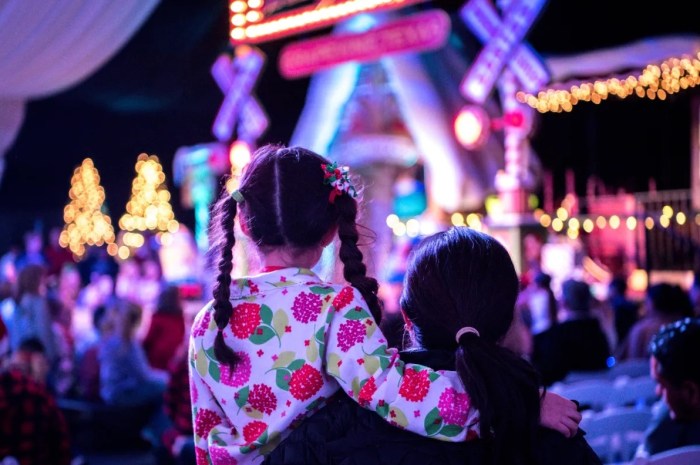I don’t think anyone would disagree with me that there is nothing more important than the futures of our community’s children. Yet, in New York, too many of those futures are being limited and postponed by a state criminal justice system that treats kids – 16- and 17-year-olds – accused of nonviolent crimes like hardened adult criminals.
Forty-eight other states have found these kids worthy of redirection, rehabilitation and age-appropriate intervention. New York’s justice system should follow suit and change the way it handles kids accused of minor, nonviolent offenses.
To treat kids who end up in the criminal justice system as the adults they have yet to become – regardless of the crime committed – is out of line with what we know about adolescent brain development, maturation and decision making.
How New York treats these nonviolent offenders is immoral. It’s wrong. And it makes us less safe.
Arresting and jailing nonviolent kids only increases the likelihood that they will miss a job shift or a school class, or that they will be assaulted while in custody – all significant precursors to future criminality. Adult facilities offer fewer of the redirection and rehabilitation opportunities that we know get kids back on paths to success.
The fact is, introducing nonviolent kids to the adult justice system more often opens the door to lives of crime than it does scare kids away from them.
Redirecting nonviolent children away from adult jails, court appearances and sentences doesn’t only make moral and crime-fighting sense, it’s also a smarter use of our tax dollars and our law-enforcement resources. Less crime means less cost to you, me, and our neighbors, and more time for our police to go after violent and repeat offenders.
We can do better. We can provide kids who have committed nonviolent offenses with programs, courtroom settings and punishments that fit their age, their crime and their need for redirection.
This issue shouldn’t be that complicated or controversial. Kids who murder, rob, carry guns, assault or rape should continue to be dealt with by an adult justice system that mirrors the severity of their crimes and protects the public from their threat. But that same system shouldn’t also be leveled against teens accused of minor, nonviolent offenses – those teens we know we have a good chance of redirecting if dealt with thoughtfully.
Reforming the way our state’s justice system handles these nonviolent kids to better reflect what we know about adolescent brain development and curbing recidivism will lead to safer streets and cost savings, and it will prove that our justice system is capable of being both tough and smart when it comes to protecting the public and the future of our community’s most valuable resource.





























